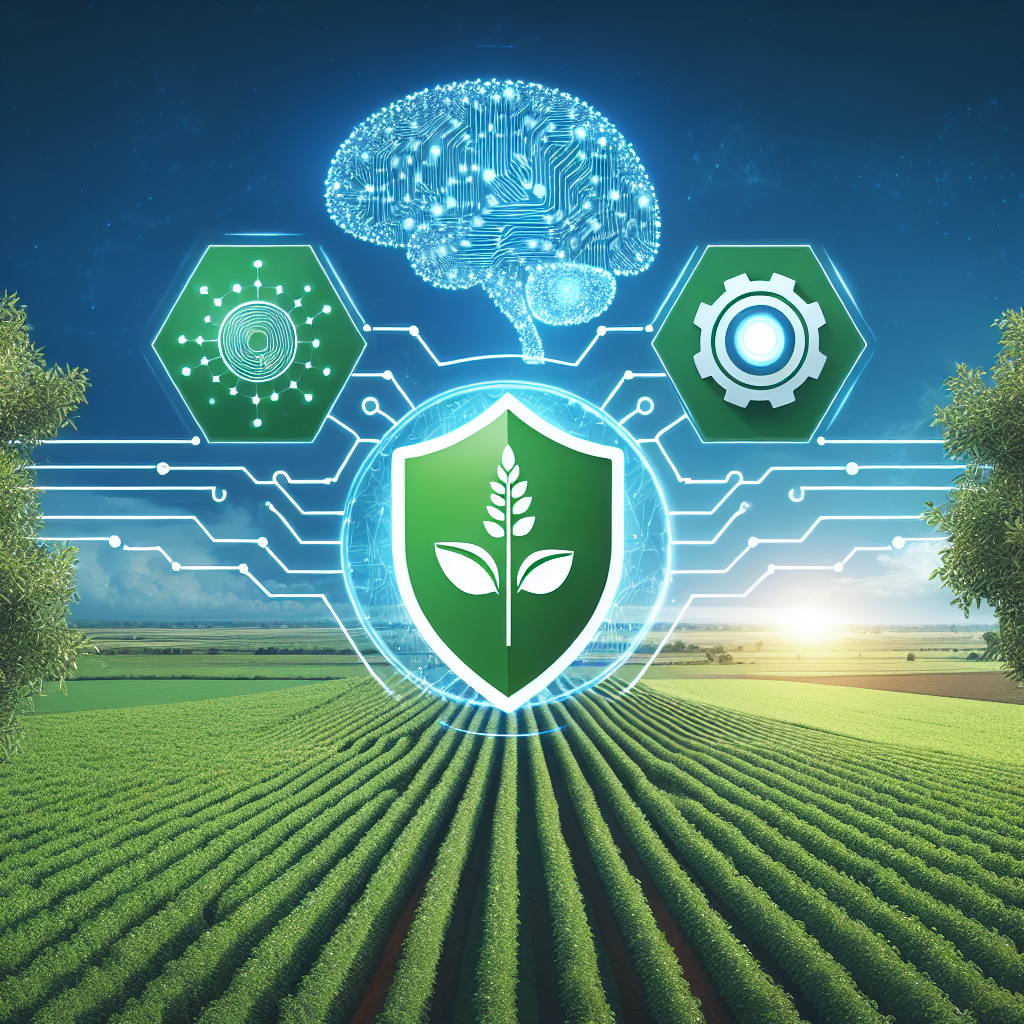In recent years, the agriculture industry has been facing numerous challenges, including soil degradation, erosion, and nutrient depletion. These issues not only impact crop yields but also have long-term consequences for the environment. However, advancements in technology, particularly artificial intelligence (AI), are offering new solutions for soil conservation in agriculture. AI-powered solutions are revolutionizing the way farmers manage their land, helping to improve soil health, increase productivity, and reduce environmental impact.
One of the primary ways AI is being used in soil conservation is through precision agriculture techniques. Precision agriculture involves the use of sensors, drones, and other technologies to collect data on soil conditions, crop health, and environmental factors. This data is then analyzed using AI algorithms to provide farmers with real-time insights and recommendations for improving soil management practices.
For example, AI-powered soil sensors can monitor moisture levels, nutrient content, and pH levels in the soil, allowing farmers to precisely tailor their irrigation and fertilization practices. By providing farmers with accurate and timely information, AI helps to optimize resource use, reduce wastage, and minimize environmental impact.
Another application of AI in soil conservation is the use of predictive modeling to assess soil erosion risk and develop erosion control strategies. By analyzing historical data on weather patterns, soil types, and land use practices, AI algorithms can predict where erosion is most likely to occur and recommend measures to prevent it.
Additionally, AI can be used to optimize crop rotation and cover cropping strategies, which are essential for maintaining soil health and fertility. By analyzing data on crop performance, soil health, and environmental conditions, AI algorithms can help farmers make informed decisions about which crops to plant and when to rotate them. This can help to reduce soil depletion, improve nutrient cycling, and enhance overall soil quality.
Furthermore, AI-powered solutions are also being used to monitor and manage soil compaction, which can have a significant impact on crop yields and soil health. By analyzing data on machinery usage, soil moisture levels, and crop performance, AI algorithms can help farmers identify areas of the field that are prone to compaction and recommend strategies for reducing it, such as adjusting tire pressure or using alternative tillage practices.
Overall, AI-powered solutions for soil conservation in agriculture are helping farmers to improve soil health, increase productivity, and reduce environmental impact. By providing real-time insights, predictive modeling, and optimization tools, AI is revolutionizing the way we manage our land and resources.
FAQs:
1. How does AI help in soil conservation?
AI helps in soil conservation by providing farmers with real-time insights and recommendations for improving soil management practices. By analyzing data on soil conditions, crop health, and environmental factors, AI algorithms can help farmers optimize resource use, reduce wastage, and minimize environmental impact.
2. What are some examples of AI-powered soil conservation solutions?
Some examples of AI-powered soil conservation solutions include soil sensors that monitor moisture levels, nutrient content, and pH levels in the soil, predictive modeling to assess soil erosion risk and develop erosion control strategies, and optimization tools for crop rotation and cover cropping strategies.
3. How can AI help in managing soil compaction?
AI can help in managing soil compaction by analyzing data on machinery usage, soil moisture levels, and crop performance to identify areas of the field that are prone to compaction. AI algorithms can then recommend strategies for reducing compaction, such as adjusting tire pressure or using alternative tillage practices.
4. What are the benefits of using AI in soil conservation?
The benefits of using AI in soil conservation include improved soil health, increased productivity, and reduced environmental impact. By providing farmers with real-time insights, predictive modeling, and optimization tools, AI helps to enhance soil quality, optimize resource use, and minimize soil degradation.
5. How can farmers implement AI-powered soil conservation solutions on their farms?
Farmers can implement AI-powered soil conservation solutions on their farms by investing in soil sensors, drones, and other technologies that can collect data on soil conditions, crop health, and environmental factors. They can then use AI algorithms to analyze this data and make informed decisions about soil management practices. Additionally, farmers can work with AI-powered agriculture companies that offer soil conservation services and solutions.

